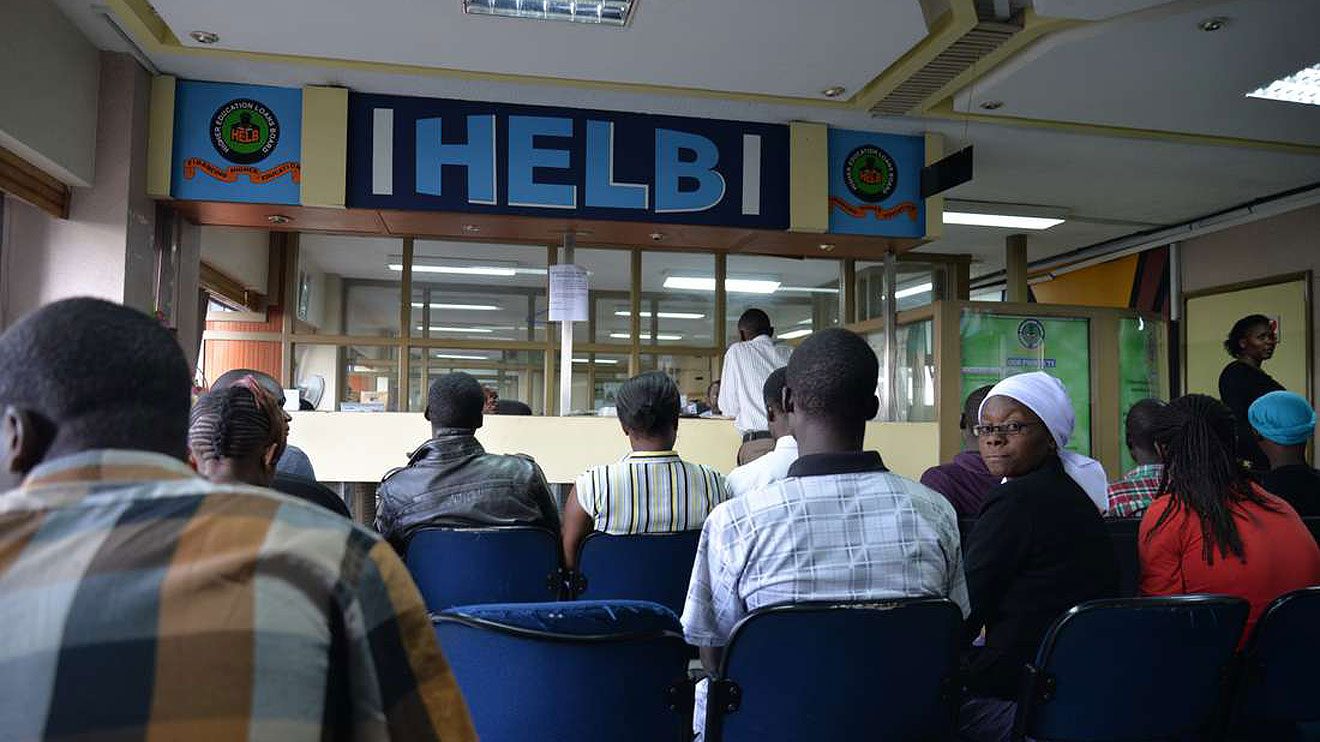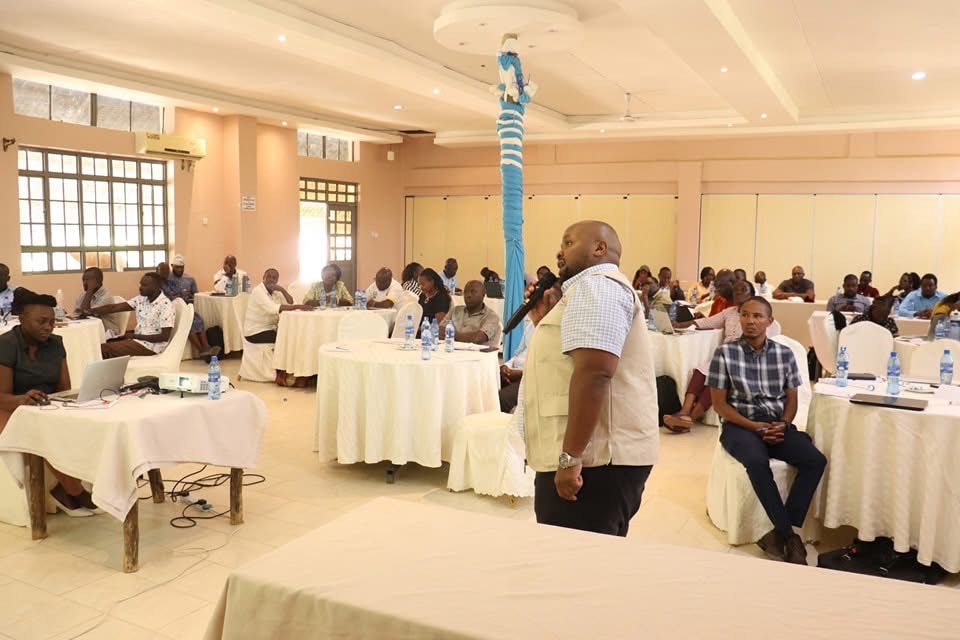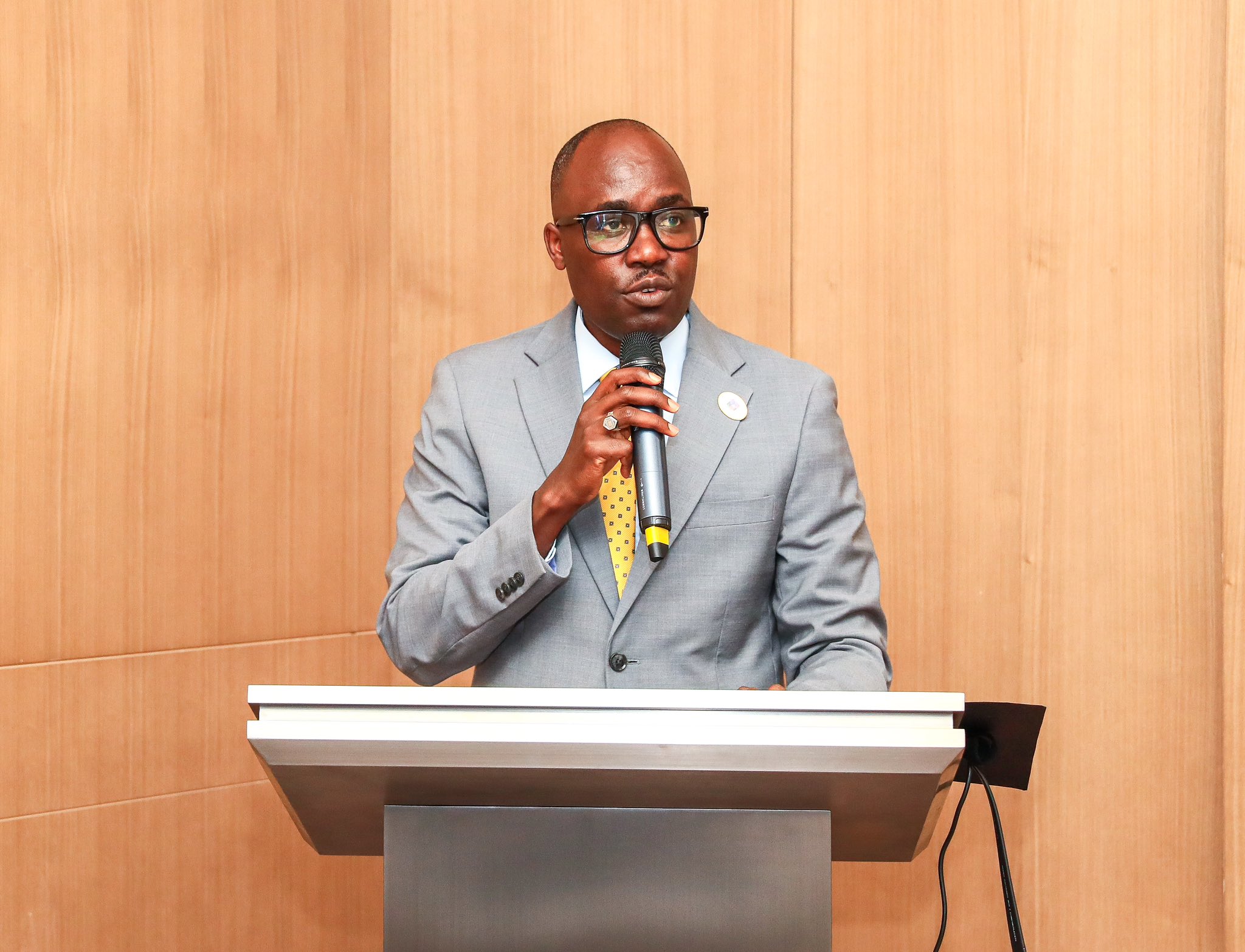University students oppose HELB budget cut

Treasury aims to allocate Sh33.3 billion to HELB, which is Sh3.7 billion from the initial amount.
The National Treasury's proposal to slash Sh3.7 billion from the Higher Education Loans Board's (HELB) budget for the 2024/2025 financial year has sparked concerns among several university and college students.
If approved, HELB will be allocated Sh33.3 billion, a 10 per cent decrease from the previous allocation of Sh37 billion. Under the proposed model, students would receive revised loan amounts ranging from Sh37,000 to Sh47,000, compared to the previous range of Sh35,000 to Sh60,000.
More To Read
- Counties can only fund pre-primary and polytechnic education, says CoB Nyakang'o
- KRA slashes procurement budget by over 20 per cent due to funding cuts from National Treasury
- A reform gone wrong: How Ruto’s university funding model failed students in 2024
- Pensioners miss out on Sh34 billion payments due to Treasury delays, system downtime
While addressing the media at Kenyatta University on Saturday, May 11, the students argued that the decision imperils the educational aspirations of thousands of financially disadvantaged learners.
Naomi Chebet, the President of Kenya Methodist University, lamented that the reduction is unjust, especially considering the financial burden placed on parents supporting their children's education amid harsh economic times.
“That amount is quite huge considering the fact that the number of students being admitted to universities has increased by around 200, 000 between 2017 and now. So if anything should be done to help, it should be increasing the funds so that these additional students are also facilitated,” Chebet urged.
She added, “With the New Higher Funding Model, higher learning education has become quite expensive for parents and there are people from very humble backgrounds who rely on HELB to facilitate their studies. We are calling on the legislators and other stakeholders, including the Ministry of Education, to reject the proposal because if it is approved, higher education in Kenya will only be reserved for the rich. The poor will never further their studies,” Chebet warned.
While echoing Chebet’s sentiments, the President of Kenyatta University, Ochieng Ododa, termed the proposal ill-timed and contradictory to the government's commitment to expanding access to higher education.
Ododa emphasised HELB's crucial role in bridging the socio-economic gap by ensuring access to higher education for all.
“Thousands of Kenyan students cannot afford university education and most rely on HeLB. Decreasing the funds equals increasing the gap between the rich and the poor, as they cannot afford to cater for their studies,” he said.
Evans Muchanga of Chuka University warned that reducing HELB funding would result in many students failing to complete their studies, as the loans are vital for their survival.
“HELB is like a salary for our comrades. Without it, we cannot survive. We demand that it not be reduced. It better remain where it is or the amount be adjusted further,” Muchunga pleaded.
The students collectively urged the National Treasury to withdraw the proposal and called upon MPs to reject it and instead advocate for an increase in HELB's budget allocation to benefit deserving students nationwide.
Top Stories Today
















